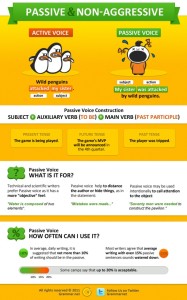- find out
Intransitive
Meaning: discover
Example: I hired a detective to find out if he’s lying to me!
Monthly Archives: September 2013
Phrasal verb: fall down
- fall down
Intransitive
Meaning: fall to the ground
Example: I was walking down the street when suddenly I fell down.
There is a popular television show in the United States called “Wipeout” where people try to complete obstacle courses without falling down. It’s quite amusing to watch their efforts: http://www.youtube.com/watch?v=obHBoaQKCsc - wipe out
Intransitive
Meaning: fall to the ground unexpectedly and roughly
Example: I wiped out on the banana peel as I was walking down the street!
Phrasal verb: dress up
- dress up
Intransitive
Meaning: wear nice clothing
Example: It’s a fancy party, so you should dress up!
Homophones
English spelling can be tricky in many ways.
Homophones – words that sound the same, yet have a different English spelling – can be very difficult for English learners to understand.
Principal vs. Principle
A principal is the head of a school. A principle is a belief or a moral that you feel strongly about.
To, Two, or Too
To is a preposition. Two is the number following one. Too means also.
Foreword vs. Forward
A foreword is the introduction to a book. Forward is a direction.
Knight vs. Night
A knight is a man who served his lord as a soldier in armor. Night is what happens when the day is over.
Bald vs. Bawled
Bald means hairless. Bawled means yelled, or cried.
Mail vs. Male
Mail is what you receive in the post. Male is a gender (men.)
Dear vs. Deer
Dear is a term of endearment for someone you regard with deep affection. A deer is an animal, like Bambi. A deer can be dear to you, but a dear cannot be deer to you.
Eight vs. Ate
Eight is the number following seven. Ate is something you would do for lunch. You can remember that ATE has the same letters of EAT, moved around.
Made vs. Maid
Made is the past tense of make. A maid is a person who does domestic work. It’s spelled like ‘aid’, because it helps!
Information source: http://www.grammar.net/ginger_homophones


